Learning Native Wisdom
Culture of the Land
A Series in the New Agrarianism
This series is devoted to the exploration and articulation of a new agrarianism that considers the health of habitats and human communities together. It demonstrates how agrarian insights and responsibilities can be worked out in diverse fields of learning and living: history, science, art, politics, economics, literature, philosophy, religion, urban planning, education, and public policy. Agrarianism is a comprehensive worldview that appreciates the intimate and practical connections that exist between humans and the earth. It stands as our most promising alternative to the unsustainable and destructive ways of current global, industrial, and consumer culture.
Series Editor
Norman Wirzba, Duke University, North Carolina
Advisory Board
Wendell Berry, Port Royal, Kentucky
Ellen Davis, Duke University, North Carolina
Patrick Holden, Soil Association, United Kingdom
Wes Jackson, Land Institute, Kansas
Gene Logsdon, Upper Sandusky, Ohio
Bill McKibben, Middlebury College, Vermont
David Orr, Oberlin College, Ohio
Michael Pollan, University of California at Berkeley, California
Jennifer Sahn, Orion Magazine, Massachusetts
Vandana Shiva, Research Foundation for Science,
Technology and Ecology, India
Bill Vitek, Clarkson University, New York
Learning Native Wisdom

What Traditional Cultures
Teach Us about Subsistence,
Sustainability, and Spirituality
GARY HOLTHAUS
THE UNIVERSITY PRESS OF KENTUCKY
Copyright 2008 by The University Press of Kentucky
Paperback edition 2013
Axe Handles, copyright 1983 by Gary Snyder, is reprinted from Axe Handles
(Berkeley, Calif.: Shoemaker and Hoard, 2005) by permission of Gary Snyder.
For Those Who Love Nature, copyright 2003 by Boston Wesleyan Press, North Berwick, Maine, is reprinted from The Unauthorized Bible: Selected Readings by permission of Boston Wesleyan Press.
The author gratefully acknowledges permission to reprint the personal correspondence from Gary Snyder that appears on page 50 of this volume.
The University Press of Kentucky
Scholarly publisher for the Commonwealth, serving Bellarmine University, Berea College, Centre College of Kentucky, Eastern Kentucky University, The Filson Historical Society, Georgetown College, Kentucky Historical Society, Kentucky State University, Morehead State University, Murray State University, Northern Kentucky University, Transylvania University, University of Kentucky, University of Louisville, and Western Kentucky University.
All rights reserved.
Editorial and Sales Offices: The University Press of Kentucky
663 South Limestone Street, Lexington, Kentucky 40508-4008
www.kentuckypress.com
17 16 15 14 13 5 4 3 2 1
The Library of Congress has cataloged the hardcover edition as follows: Holthaus, Gary H., 1932
Learning native wisdom : what traditional cultures teach us about subsistence, sustainability, and spirituality / Gary Holthaus.
p. cm. (Culture of the land)
Includes bibliographical references and index.
ISBN 978-0-8131-2487-2 (hardcover : alk. paper)
1. Environmental ethics. 2. Sustainable living. 3. Indians of North America. I. Title.
II. Series.
GE42.H65 2008
179'.1dc22
2007052577
ISBN 978-0-8131-4108-4 (pbk. : alk. paper)
This book is printed on acid-free paper meeting the requirements of the American National Standard for Permanence of Paper for Printed Library Materials.

Manufactured in the United States of America.
 Member of the Association of
Member of the Association of
American University Presses
For Robert D. Arnold
(19312003)
Dorik V. Mechau
Ted Chamberlin
Gary Snyder
Colleagues, friends, inspirators, conspirators, mentors, participants in
many adventures, longtime companions along the way
Contents
Axe Handles
One afternoon the last week of April
Showing Kai how to throw a hatchet
One-half turn and it sticks in a stump.
He recalls the hatchet-head
Without a handle, in the shop
And go gets it, and wants it for his own.
A broken-off axe handle behind the door
Is long enough for a hatchet,
We cut it to length and take it
With the hatchet head
And working hatchet, to the wood block.
There I begin to shape the old handle
With the hatchet, and the phrase
First learned from Ezra Pound
Rings in my ears!
When making an axe handle
the pattern is not far off.
And I say this to Kai
Look: Well shape the handle
By checking the handle
Of the axe we cut with
And he sees. And I hear it again:
Its in Lu Jis Wn Fu, fourth century
A.D . Essay on Literaturein the
Preface: In making the handle
Of an axe
By cutting wood with an axe
The model is indeed near at hand.
My teacher Shih-hsiang Chen
Translated that and taught it years ago
And I see: Pound was an axe,
Chen was an axe, I am an axe
And my son a handle, soon
To be shaping again, model
And tool, craft of culture,
How we go on.
Gary Snyder
Introduction
Why Subsistence, Sustainability, and Spirituality?
Why learn native wisdom? Because if we want to think about a sustainable culture and find ways to create one, we have models right at hand, as Gary Snyder indicates in Axe Handles. The models have roots and forms in several cultures, but in each case they grow from antiquity. Im thinking here of Eskimo and Indian cultures in Alaska, whose roots are older than even those Chinese sage kings who preceded Confucius, and may be three times as old as Western culture. They have been around long enough; there must be something we can learn from them, if we have sufficient humility and wisdom of our own.
What are the links among subsistence, sustainability, and spirituality? We are in a fix, caught in a species die-out at a rate never before seen. Our earth, upon which we remain totally dependent, has become infected by its own chronic wasting disease, losing its ten thousand things, as the ancient Chinese called the myriad creatures, plants, animals, and rocks that cover the planet; we have gotten caught in our own desires, greed, conceits, and arrogance. And there lies the heart of it. The evidence seems clear now that the real root of these issues, both cause and cure, lies not in our science or technology but in our own spiritual and intellectual povertyor, more hopefully, in our own spiritual and intellectual resources. Those Neo-Confucians from around the twelfth century would have called these the heart-mind.
There is a paradox at work here that puzzles many of us. Religions are booming around the globe, with adherents willing to lay down their own lives, and the lives of many others, to foster faiths that are not alive and awake to their own best spirituality but are now given to revenge, power, violence, and excess. All the great religions and philosophies and their indigenous forebears that we know of insist that revenge, power, violence, and excess prohibit our living out a faith that must include others in the arena of our concernmust protect the weak, feed the poor, and treat the ten thousand things with deepest respect. We are failing on all counts while politically and socially powerful persons who practice Christianity, Islam, and Judaism ignore their own most basic precepts and subvert their religions best intentions and hopes. We are fortunate that there are cultures far older than those of the desert trinity from which we can learn another wisdom that may save us yet.



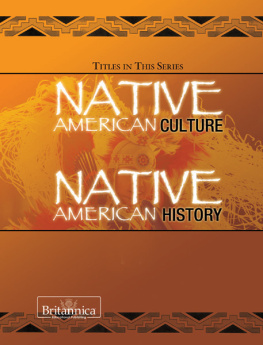
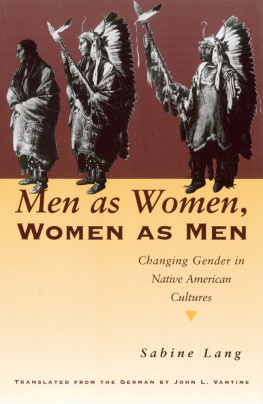
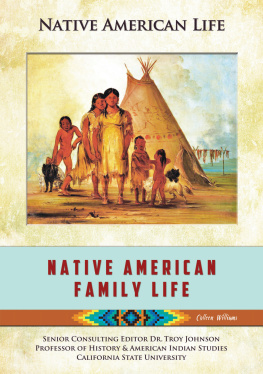
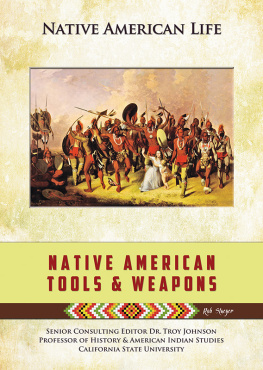
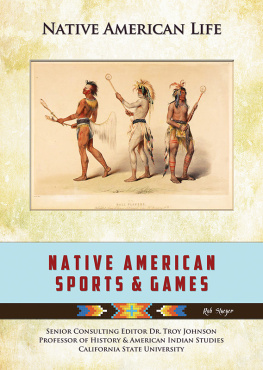
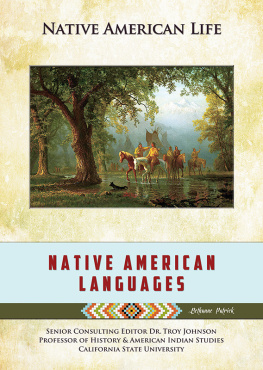

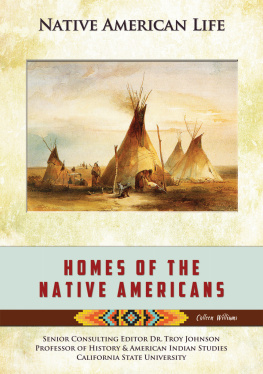
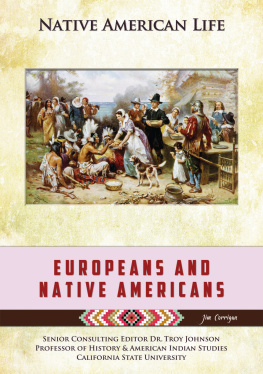
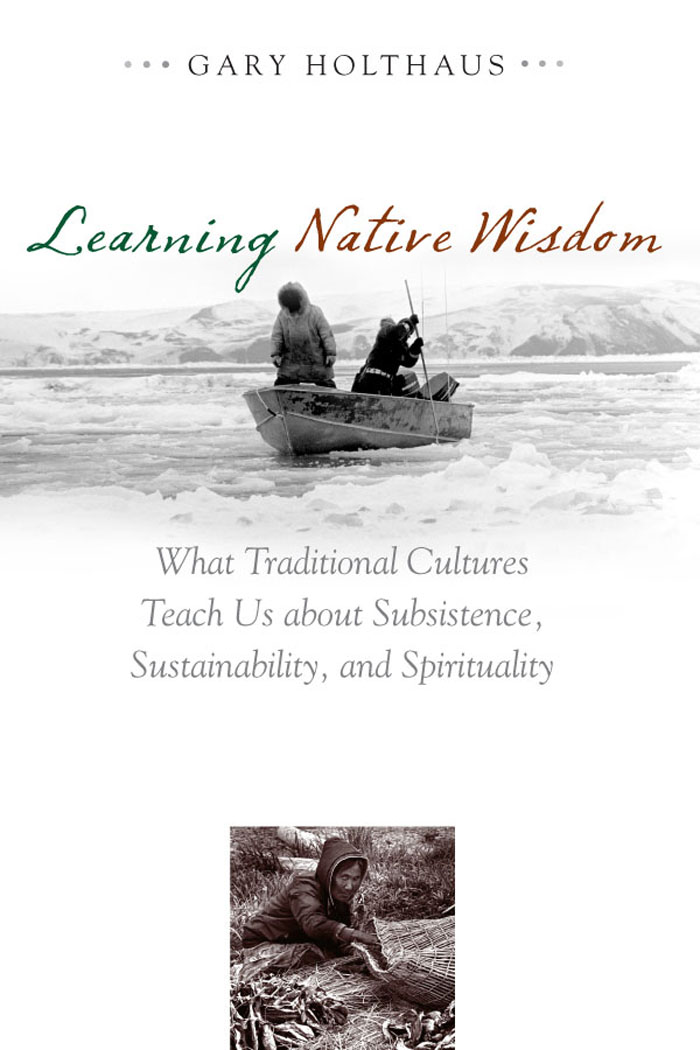


 Member of the Association of
Member of the Association of